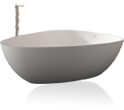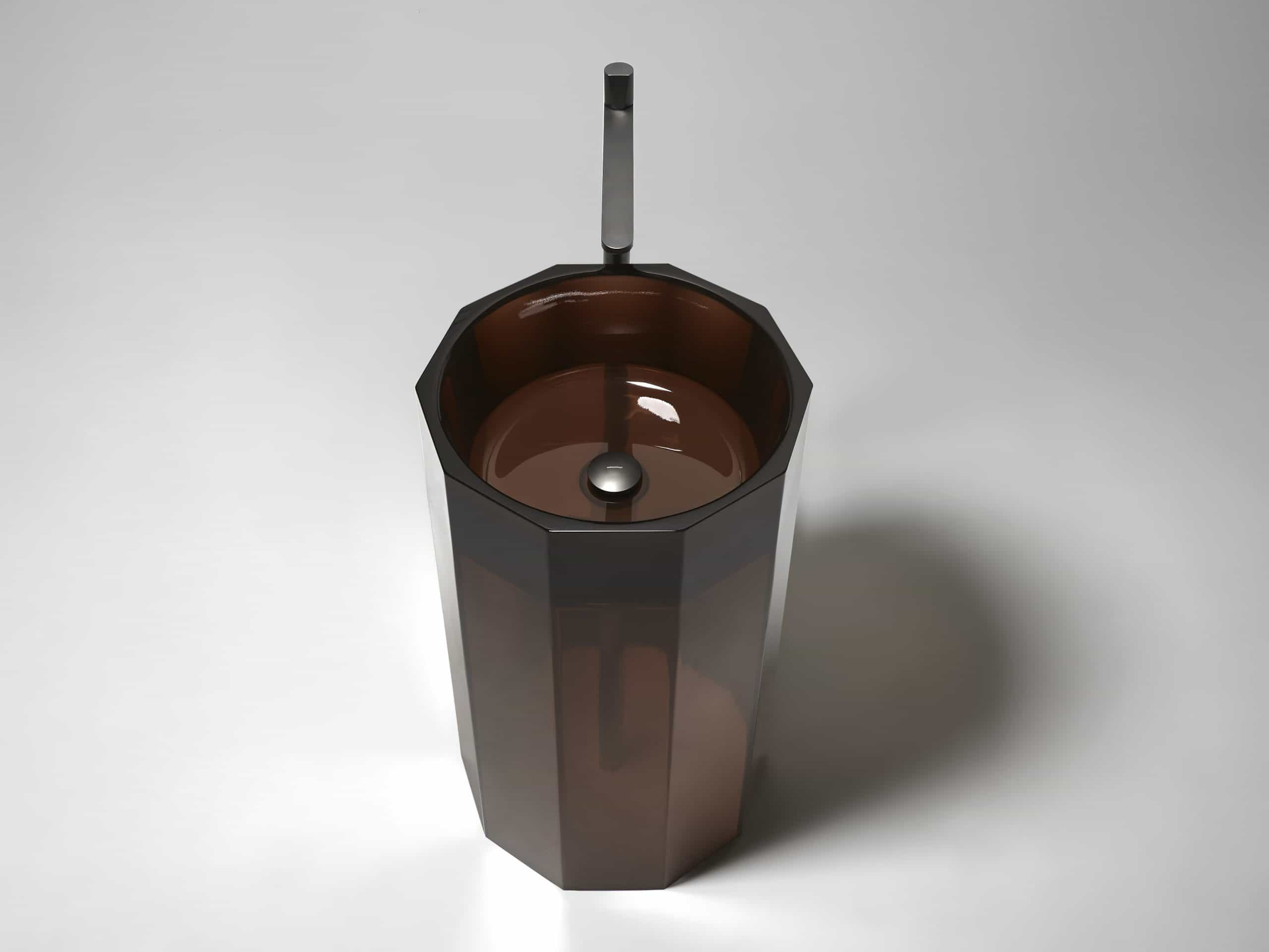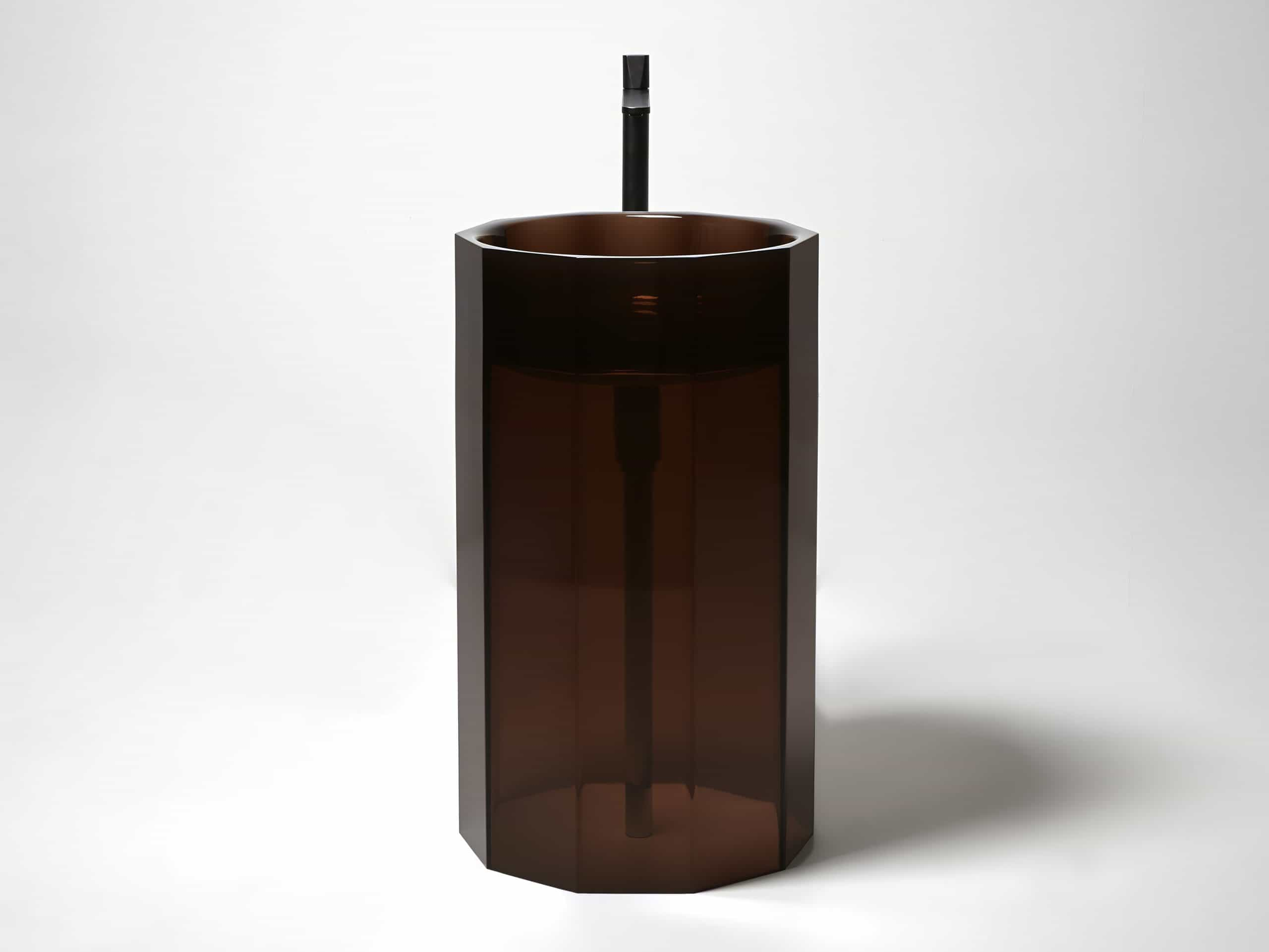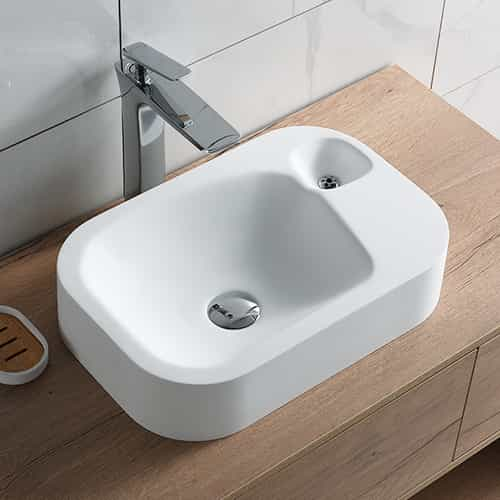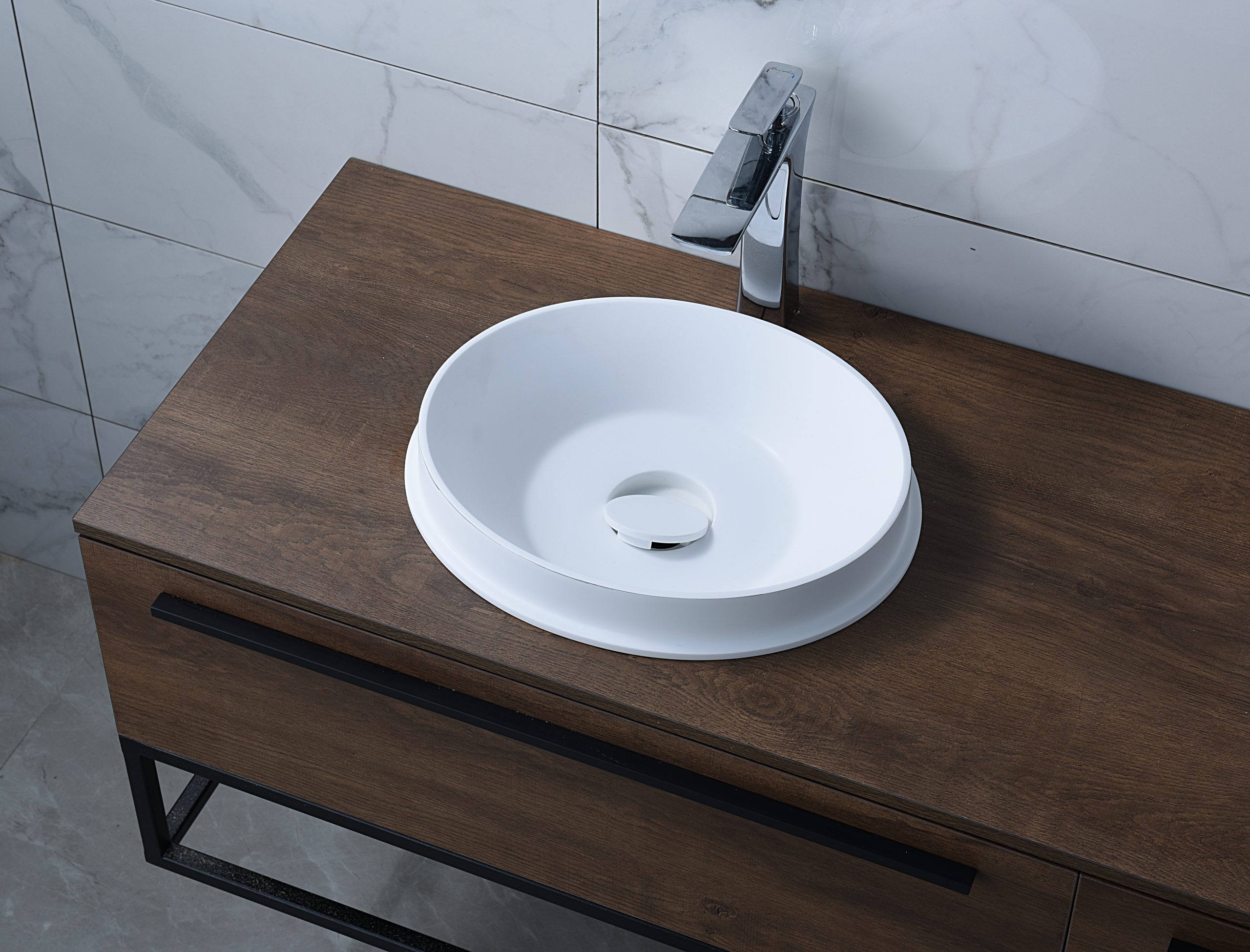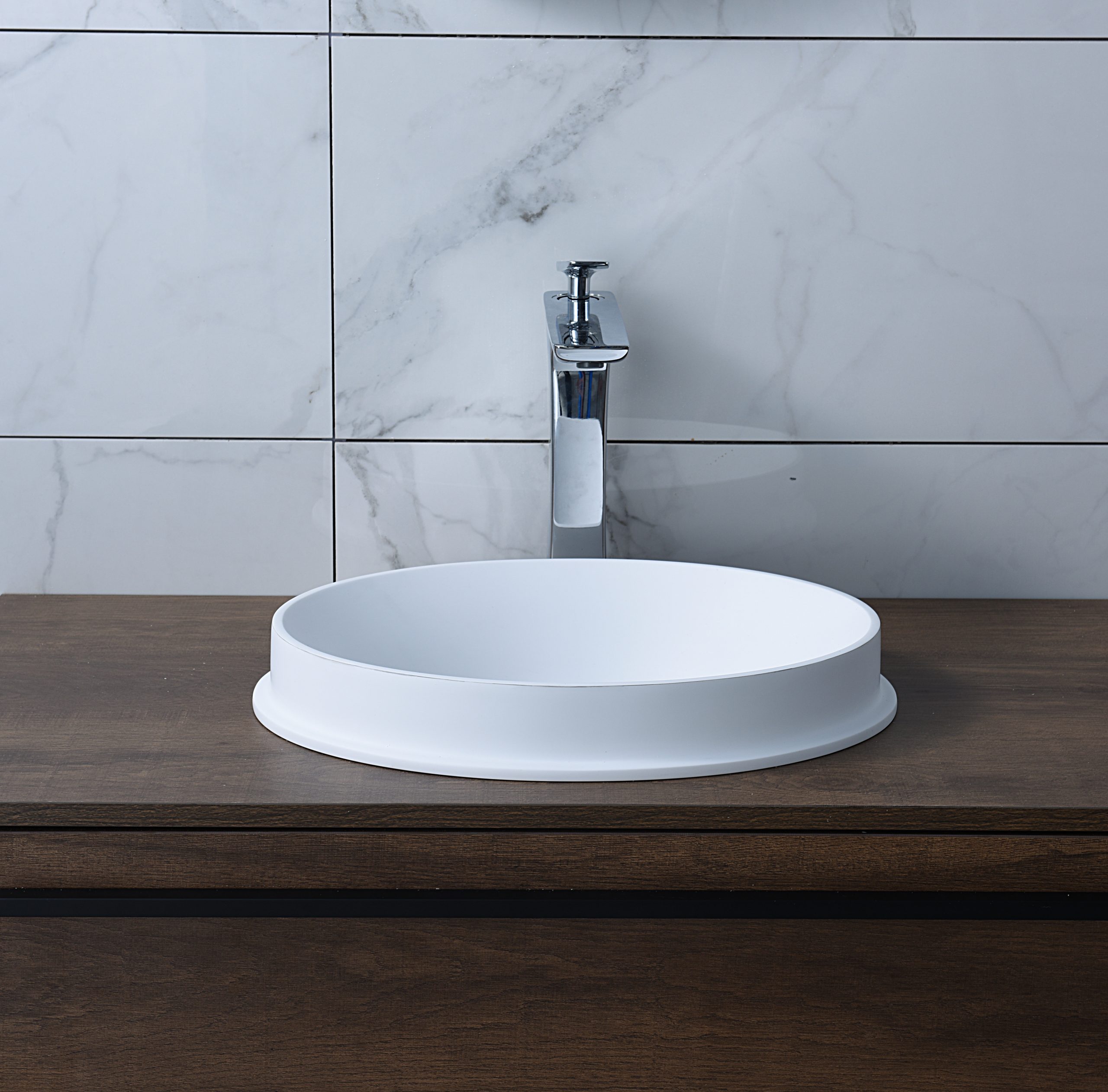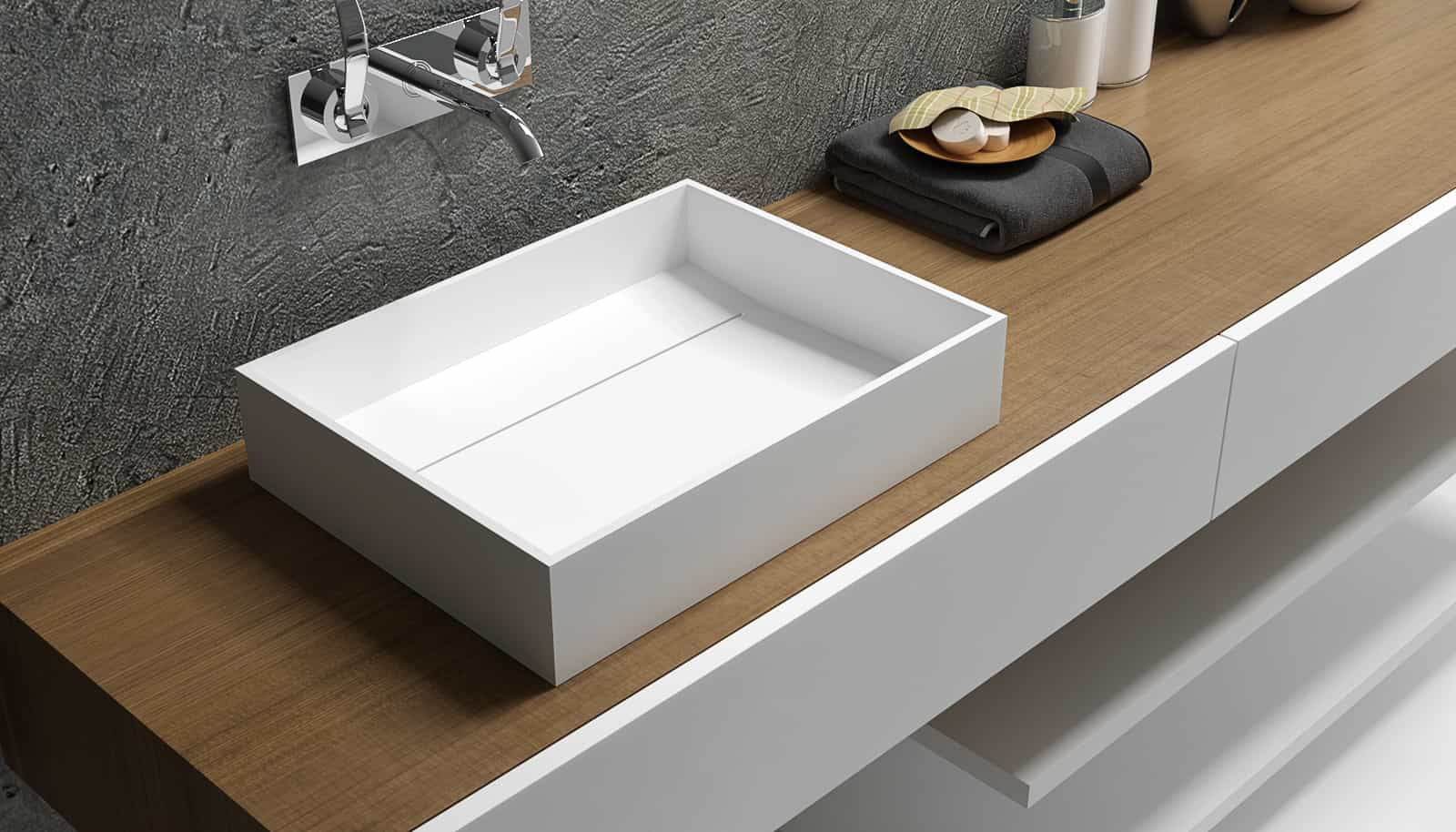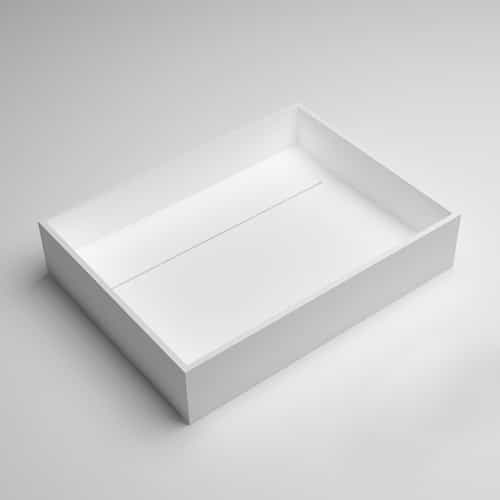
People will always face illness and need to take medicine or medication when they are ill. At this time, they need to use a variety of drugs. Some drugs need to be stored in a cold environment in order to preserve them for a long time, or to avoid causing some external bacteria, or to avoid the effects of high temperature. The refrigerator at home is the best place to store drugs. We use a variety of strange drugs in life, we need to pay attention to see clearly when putting in the refrigerator, some drugs can be put in the refrigerator and some can not. So which drugs are good in the fridge?
Which medicines go well in the refrigerator
injection
Insulin, used mainly by diabetics, should usually be kept in the refrigerator, away from heat, sunlight or freezing. If the patient goes outside, it can be stored at room temperature below 25°C for approximately 6 weeks.
liniment
Liniments usually contain volatile solvents such as alcohol. After use, the cap should be tightened and refrigerated to obtain a long shelf life.
External drug
Topical medicines such as eye drops, nose drops, ear drops, lotions and mouthwashes are best kept in the refrigerator during the summer months.
Suspension agent
Most antibiotic syrups belong to the suspension dosage form that needs to be brewed. The shelf life of these drugs, which are packed in powder form in the container, is the marked validity period at room temperature when they are not brewed. Once water has been added, its shelf life has been reduced to 15 days or less, and it should be refrigerated.
suppository
Suppository due to high temperature can appear softening, not convenient to use, in summer can be placed in the refrigerator, or in the refrigerator before use, to be hardened after taking out again.
Medications you can’t keep in the refrigerator
Tablets and capsules bottled tablets
After tablet and capsule bottles are opened, do not discard the desiccant. The desiccant should be placed in the original packaging bottle, especially for sugar-coated tablets. If pills or capsules are in bulk, store them in a light-resistant bottle, such as a brown glass or plastic bottle, preferably with a desiccant, and keep them indoors in a light-resistant place. But do not put in the refrigerator freezer, because the pills and capsules are easy to damp and ineffective.
Liquid preparation
Liquid preparations generally refer to cough syrups, allergy syrups, antipyretic and analgesic solutions or cold syrups. These syrups do not need to be stored in the refrigerator after opening the bottle, as long as they are stored at room temperature. Because most liquid preparations at too low a temperature may reduce the solubility of the drug, the sugar in the syrup is also prone to crystallize, resulting in the drug concentration does not conform to the original label.
cream
External cream stored at too low temperature can cause substrate stratification, affecting the uniformity and efficacy of the cream. Therefore, cream should not be stored in the refrigerator, at room temperature can be stored.
powder
The drugs are mostly sealed by machine packing of moisture-proof wax paper. Since many flavor-enhancing additives in the powder can promote spoilage, the powder can only be stored for 3 to 5 days after opening. In wet weather, it is necessary to keep away moisture.
Which medicines go well in the refrigerator? Generally, doctors or medical staff will inform patients of drugs that need to be stored at low temperature. If there is no special warning from doctors, people will not want to put drugs in the refrigerator unnecessarily, so as not to bring new troubles to themselves. There are other aspects to pay attention to when storing drugs in life, such as not being placed in a high temperature environment, away from fire and so on. It is hoped that people can understand the correct method and knowledge when storing drugs.

